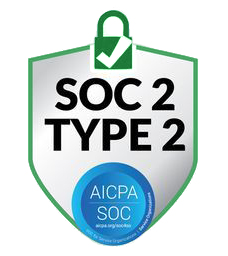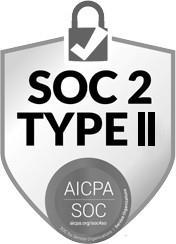Jan 12, 2024
What is the Canadian Anti-Spam Legislation (CASL)
CASL is a federal Act that was created in 2014 to crack down on spam, cyber threats, and to reinforce the best practices for Commercial Electronic Messages (CEMs). The Act is carried out and enforced by the Canadian Radio-television Commission (CRTC). The goal is to protect Canadian citizens from receiving unsolicited communications through their personal communication channels.
The types of CEMs that CASL governs are:
- E-mails
- Cellular Texts
- Instant Messages
The main aspect of CASL is that organizations must acquire explicit consent from the Canadian consumer to be able to send CEMs. Thus, opt-in systems are mandatory for organizations to collect marketable data. This is a stark difference from CAN-SPAM (still the rule in the USA), which utilizes an opt-out mechanism and does not require an opt-in from the consumer.
Acquiring Consent with Opt-In Systems
Opt-in systems can be instituted by organizations by adding a consent field to landing pages, terms and conditions, forms, and loyalty registration pages. They must ensure that the consent is clear and concise and that the form should clearly explain what individuals are consenting to and how their data will be used. This is called Express Consent. Once consent is defined, marketers can engage in e-mail or SMS communications.

Opt-Out Mechanisms
Much like CAN-SPAM, CASL still requires that there is an option for consumers to opt-out of receiving CEMs. Provide an opt-out option with an unsubscribe link at the bottom of an email or a text prompt at the end of an SMS message.
Requirements for CASL Compliance
Organizations have the responsibility to be able to provide the following information if being audited for CASL compliance:
- Identification – Must be able to identify the recipient and include prescribed contact information.
- Unsubscribe – Must include a working unsubscribe mechanism
- Unsubscribe Processing – Must be able to process all unsubscribe requests within 10 business days
- Consent – Must have expressed or implied consent for all Canadian recipients of CEMs
- Opt-in – Proof that a consumer has expressed consent to receive CEMs
The implication that CASL has on organizations is that if they are collecting marketable data, they need to invest in warehousing collected data and will be required to monitor and maintain the information they collect on Canadian consumers. If the CRTC were to ask for an audit, then this information would need to be available at any given time.
CASL vs. CAN-SPAM
The most important takeaway is that CASL is an opt-in law, requiring proof of opt-in. In contrast, CAN-SPAM is opt-out focused, mainly requiring the ability to opt out anyone who chooses to no longer receive CEMs. Therefore, under CAN-SPAM, marketers can purchase marketing lists that contain email addresses and cellular phone numbers and can send CEM’s. However, under CASL, it is illegal to provide Canadian email addresses or cellular phone numbers outside of an organization.
What’s the Verdict?
CASL has large implications for corporations trying to communicate with Canadian consumers. There would have to be investment in the construction and maintenance of a database that can monitor opt-in and opt-outs and other data elements to be able to provide the CRTC should an audit occur.
Though CASL has had an impact on reducing spam on Canadian Consumers, there are other reasons as to why Canadians have been receiving much less spam in their inboxes. The spam filters utilized by email providers, such as Google, have grown to such sophisticated levels that it may not be necessary to govern spam as strictly.
One thing is for sure, Canadian consumers are protected and have tighter control over the amount of marketing material they can receive.
by Tyler Warden, Data Solutions Consultant




